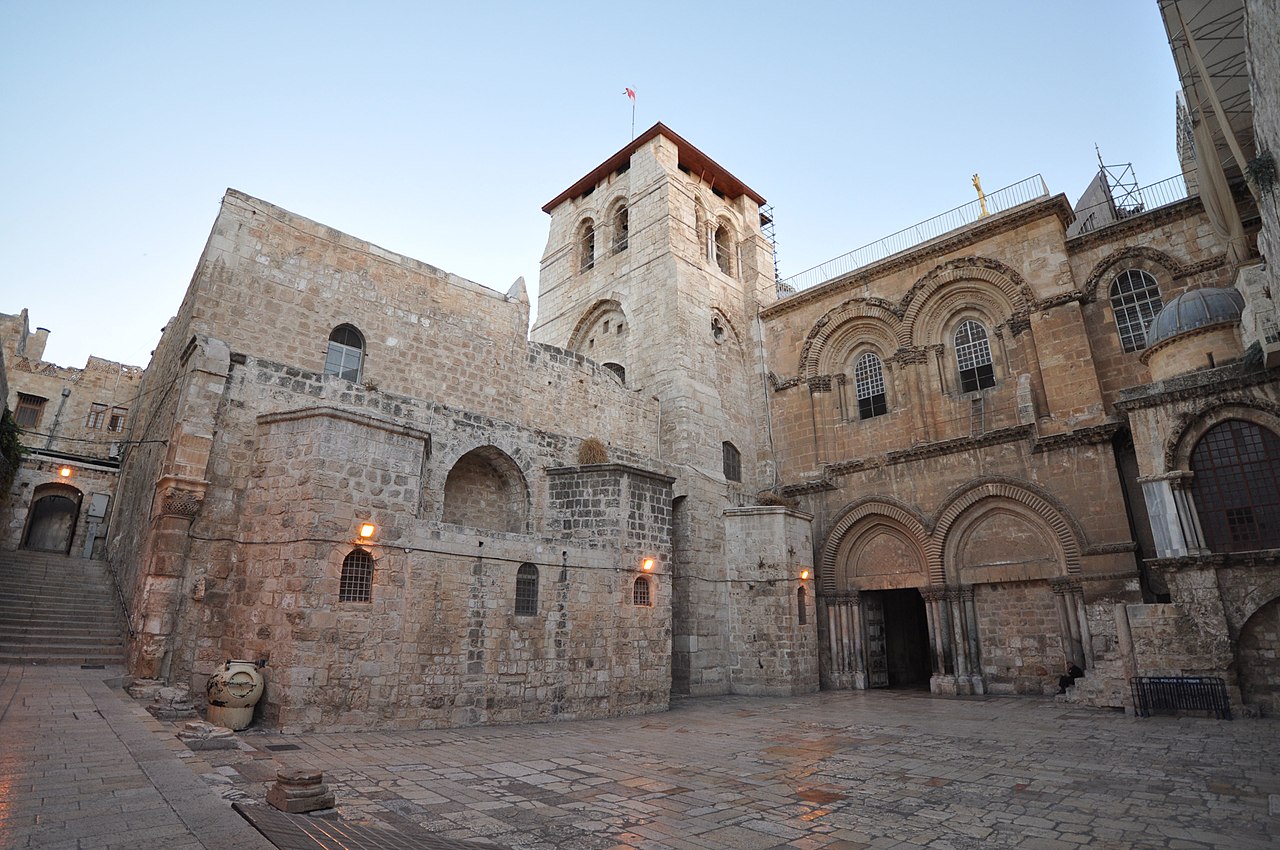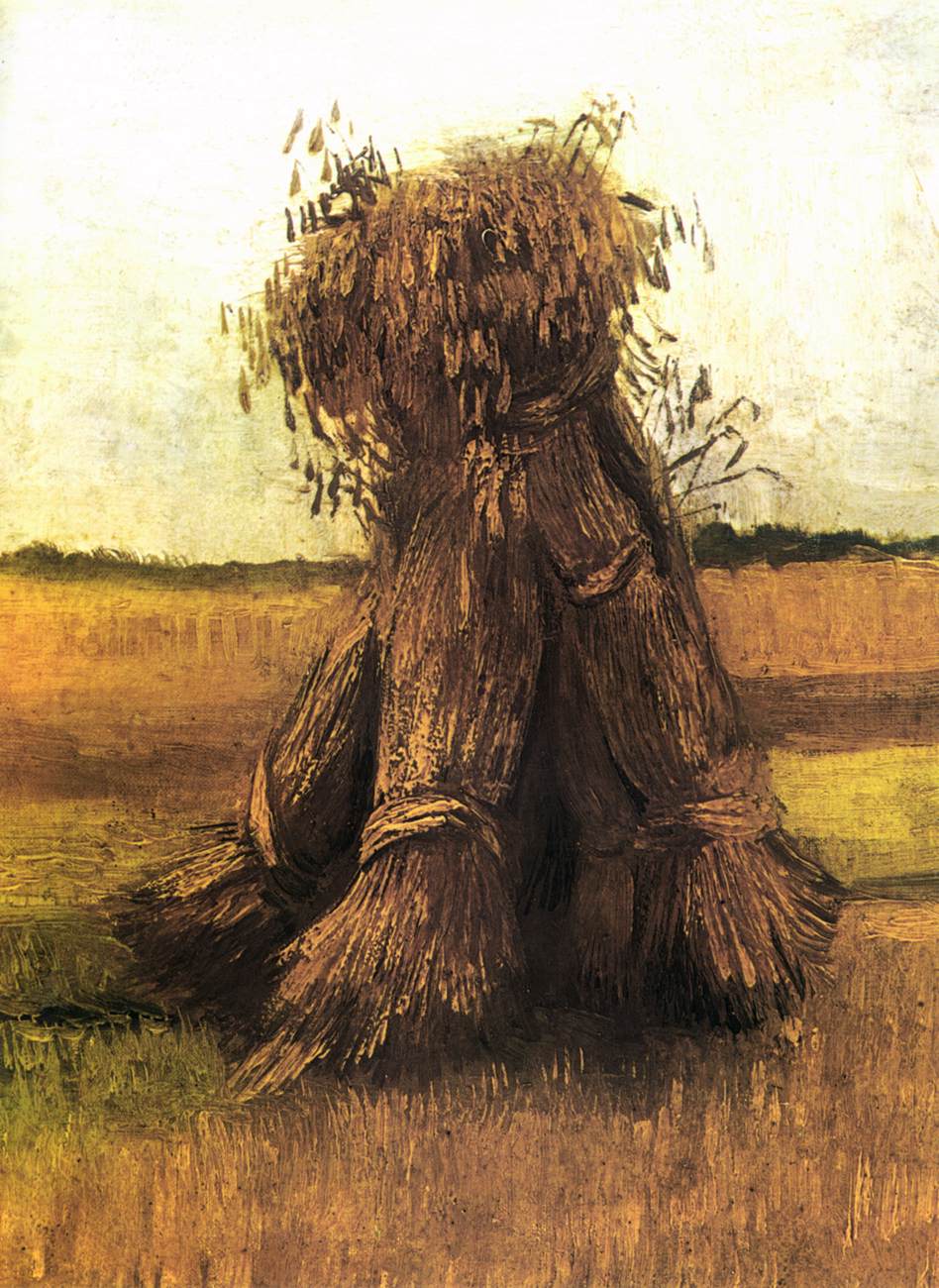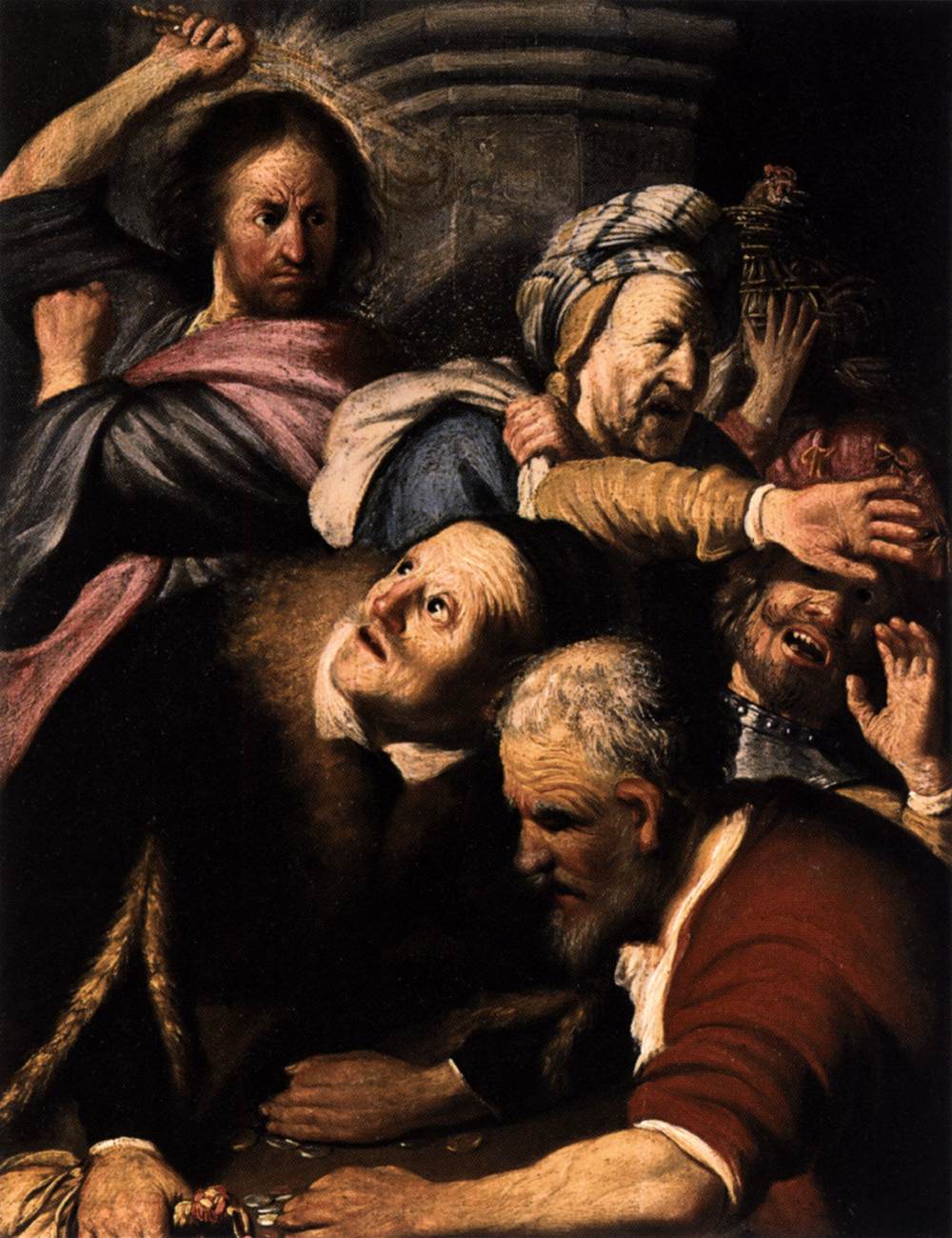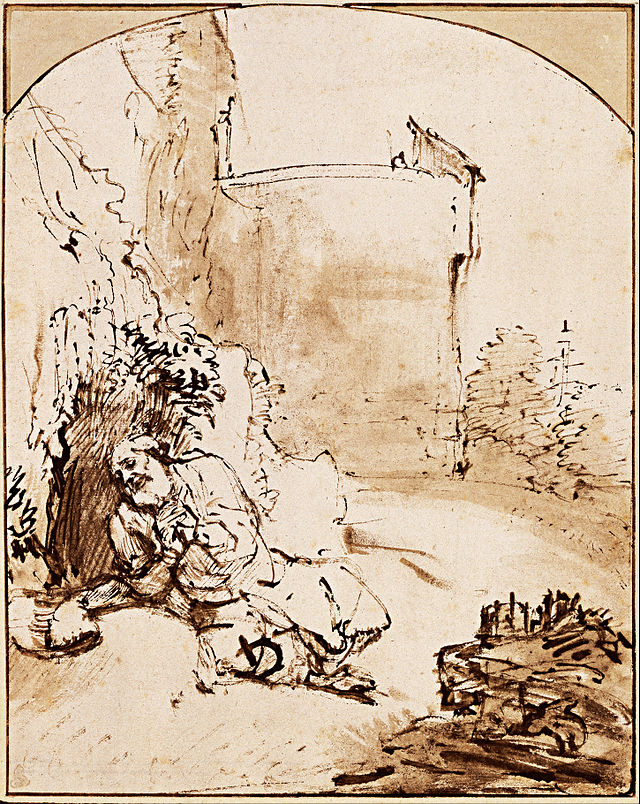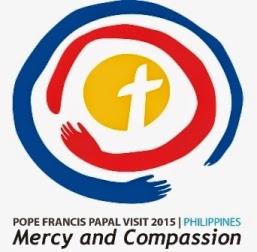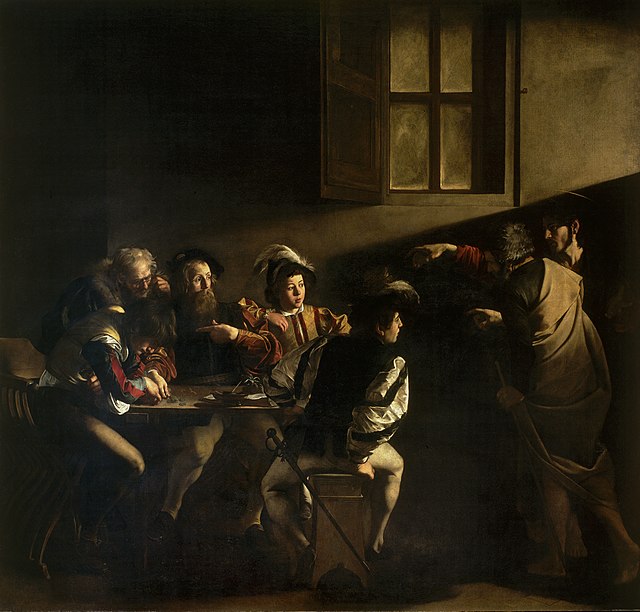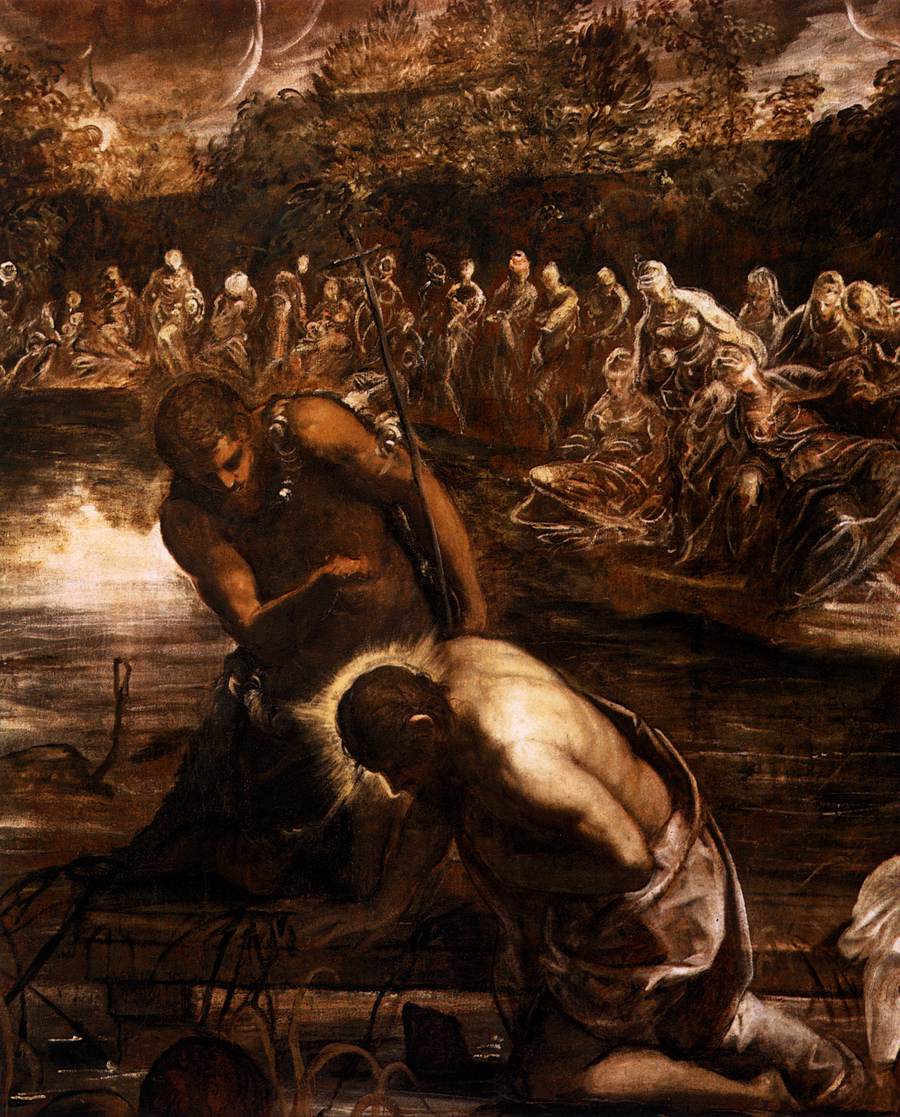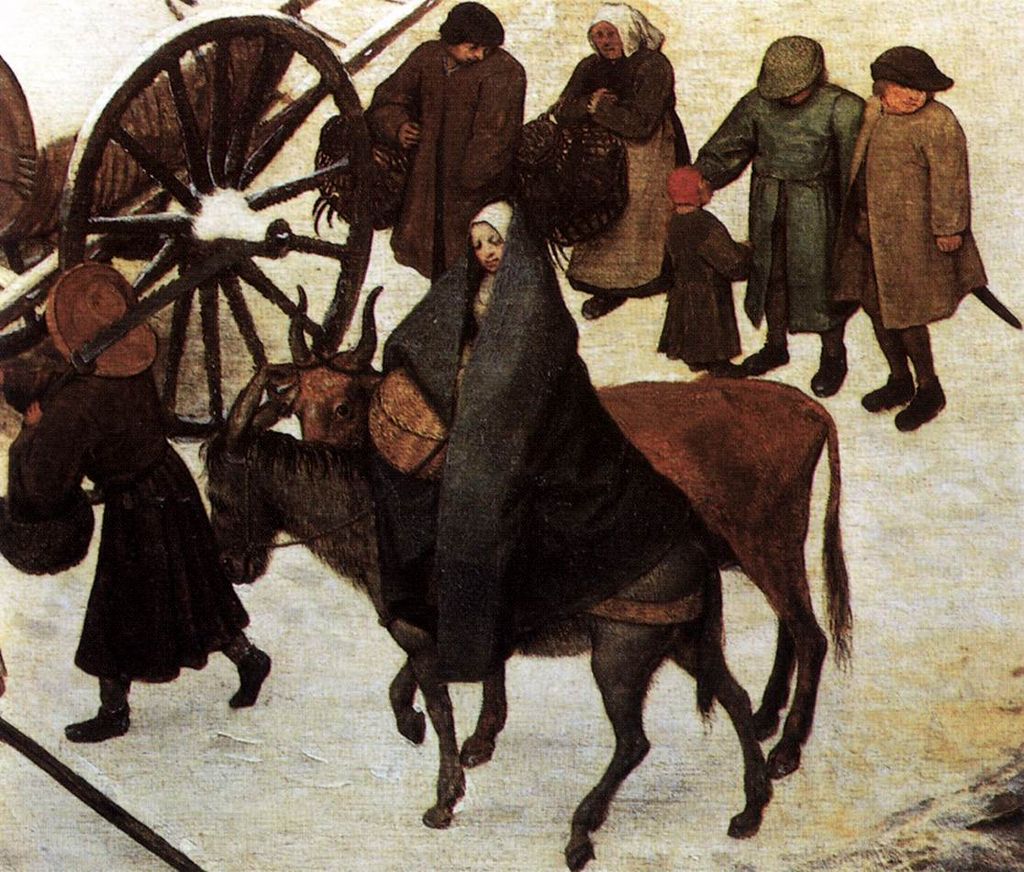‘Have you anything here to eat?’ Sunday Reflections, 3rd Sunday of Easter, Year B

Supper at Emmaus, Caravaggio, 1606
Pinacoteca di Brera, Milan [Web Gallery of Art]
Then they told what had happened on the road, and how he had been made known to them in the breaking of the bread (Luke 24:35).
Readings (New American Bible: Philippines, USA)
Readings (Jerusalem Bible: Australia, England & Wales, India [optional], Ireland, New Zealand, Pakistan, Scotland, South Africa)
Gospel Luke 24:35-48 (New Revised Standard Version, Catholic Edition, Canada) Then they told what had happened on the road, and how Jesus had been made known to them in the breaking of the bread.While they were talking about this, Jesus himself stood among them and said to them, “Peace be with you.” They were startled and terrified, and thought that they were seeing a ghost. He said to them, “Why are you frightened, and why do doubts arise in your hearts? Look at my hands and my feet; see that it is I myself. Touch me and see; for a ghost does not have flesh and bones as you see that I have.” And when he had said this, he showed them his hands and his feet. While in their joy they were disbelieving and still wondering, he said to them, “Have you anything here to eat?” They gave him a piece of broiled fish, and he took it and ate in their presence.
Then he said to them, “These are my words that I spoke to you while I was still with you—that everything written about me in the law of Moses, the prophets, and the psalms must be fulfilled.” Then he opened their minds to understand the scriptures, and he said to them, “Thus it is written, that the Messiah is to suffer and to rise from the dead on the third day, and that repentance and forgiveness of sins is to be proclaimed in his name to all nations, beginning from Jerusalem. You are witnesses of these things.”
Responsorial Psalm [Philippines, USA]

St Pope John Paul II skiing in 1984
Both St John Paul II and I skied, though never together. He skied most of his life, managing to ‘escape’ even when pope to do so. My career was limited to one glorious day early in January 1969 in Toggenburg, near Syracuse in Upstate New York. If I could re-live one day in my life that is the one I would choose. There wasn’t a cloud in the sky, the air was crisp and clean and I remember devouring mandarin oranges and laughing for about ten minutes when I fell off the ‘T-bar’ while going back up to the top of the beginners’ slope.
T-bar lift, Sweden [Wikipedia]
I had been ordained less than 13 months before and was studying music in Manhattanville College, Purchase, New York, north of New York City, run by the Religious of the Sacred Heart. One of the students, Regina McGann, invited me to spend some days with her family in Jamesville. She came from a large family and her parents, Harold and Mary, made me feel most welcome.
If I could re-live that wonderful day of skiing it would have to include the family meal that evening in the McGann household – or any of the evenings I was there. We sat around a big round table and there was no rush. The emphasis wasn’t on eating but on enjoying a family mealtogether. The McGann Family was for me a great example of the truth of Fr Patrick Peyton‘s slogan, The family that prays together stays together. Father Peyton used a copy of Murillo’s painting below in his Family Rosary Crusade.

Virgin and Child with a Rosary, Murillo, 1650-55
Museo del Prado, Madrid [Web Gallery of Art]
The McGann Family prayed the Rosary every night except Sunday, when the prayed Compline, the Night Prayer of the Church. This practice went back long before Vatican II, which encouraged lay people to pray parts of the Breviary, The Prayer of the Church.
But what I learned from this wonderful family is that The Family that eats together stays together. As an adult I came to see that it was through our family meals while growing up that I had experienced most of all being part of a family. The only time we were all together was in the evening. And Sunday dinner, in the early afternoon, was always something special, as it was for every family that I knew.
Today’s gospel opens with the two disciples who met Jesus on the road to Emmaus recount how Jesus had been made known to them in the breaking of the bread. They had invited Jesus to dine with them and that is how they discovered who their companion on the road – whom they had invited to join them – really was.
And to show the disbelieving apostles and disciples that he is not a ghost Jesus asks, Have you anything here to eat?
During the Easter Season we also hear at Mass gospel readings fromJohn 21 the chapter that includes the scene of the extraordinary catch of fish, some of which Jesus, the Risen Lord, cooked when he said,Come and have breakfast (John 21:12). After that meal he asks Peter three times, Simon son of John, do you love me?
This is a moment of great intimacy when Peter discovers that it is as his beloved friend that Jesus give him his mission – Feed my lambs . . . tend my sheep . . . feed my sheep.
It is clear from these gospel readings, and from many others, most especially the accounts of the Last Supper, that God reveals himself to us in the intimacy of a meal. If the family meal or meals with close friends are not part of our lives, how can we understand the meal aspect of the Holy Sacrifice of the Mass? In the Mass, in which we unite ourselves with the Sacrifice of Jesus on the Cross, he gives himself, the Risen Lord, body, blood, soul and divinity, as so many of us learned when we were young, as the Bread of Life. It is not a symbol of himself that he gives in Holy Communion, but his very self, carrying the scars of Calvary and giving us the strength to do the same.
But he also reveals himself to us in our ordinary meals, sometimes even over a cup of tea or coffee. I remember one person who was close to me who for many years had carried a resentment towards someone now dead, a resentment that was the result of a painful incident. She recalled what her father, long since dead, had said to her many years before: Never carry a grudge against anyone. Over that cup of tea she finally let go of her self-inflicted pain, forgave, and moved on with a new lightness in her heart. I have no doubt whatever that it was Jesus the Risen Lord who spoke to her that day through the words of her father. It was a kind of Resurrection experience, over a cup of tea.
Even when we’re not talking about profound things at a meal, when we see them as occasions when we most experience our humanity, when we see the link between the family or community meal, or a meal to which we invite someone living alone, and the Holy Sacrifice of the Mass, we can more readily understand the implications of the closing words of today’s gospel, You are witnesses of these things.
The simple Grace Before and After Meals can remind us gently of the presence of the Risen Lord at our table, as truly present as he was at the table in Emmaus, as truly present as he was when he asked the apostles, Have you anything here to eat?
Prayer before the meal, Adriaen Jansz van Ostrade, 1653British Museum, London [Web Gallery of Art]
]
Not Manchester United Football Club but Manchester United Methodist Choirs. This ancient Easter hymn is introduced by the arranger, Philip Stopford.
Christ the Lord is risen again!
Christ the Lord is risen again;
Christ hath broken every chain;
Hark! Angelic voices cry,
Singing evermore on high,
Alleluia!
He, Who gave for us His life,
Who for us endured the strife,
Is our Paschal Lamb today;
We, too, sing for joy, and say
Alleluia!
He, Who bore all pain and loss
Comfortless upon the cross,
Lives in glory now on high,
Pleads for us, and hears our cry;
Alleluia!
He Who slumbered in the grave,
Is exalted now to save;
Now through Christendom it rings
That the Lamb is King of kings.
Alleluia!
[He Whose path no records tell,
Who descended into hell;
Who the strong man armed hath bound,
Now in highest heaven is crowned.
Alleluia!
Now He bids tell abroad
How the lost may be restored,
How the penitent forgiven,
How we, too, may enter Heav’n.
Alleluia!]
Thou, our Paschal Lamb indeed,
Christ, Thy ransomed people feed:
Take our sins and guilt away,
Let us sing by night and day
Alleluia!



